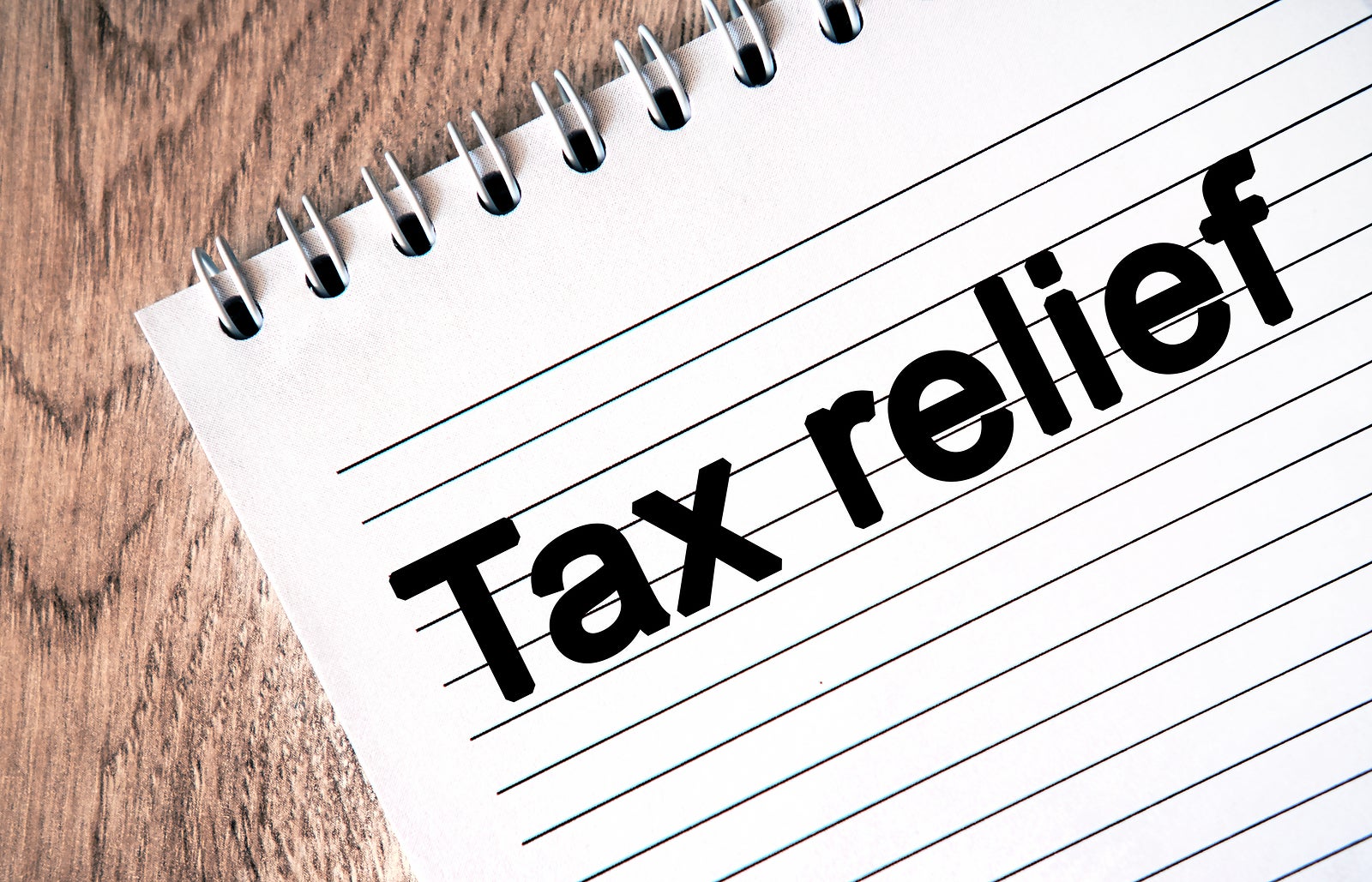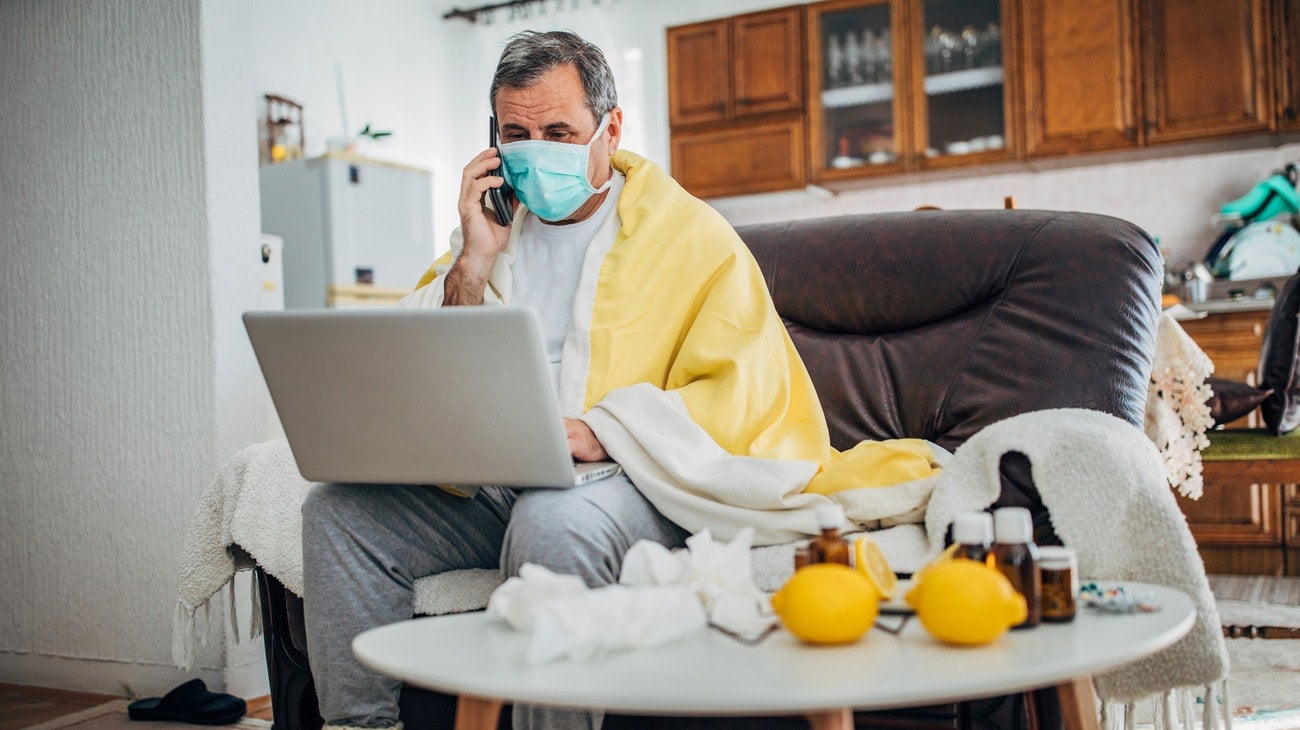
The Families First Coronavirus Response Act is one of several acts passed in response to the COVID-19 crisis but the first bill to directly address the economic crisis and the challenges faced by individual taxpayers and businesses.
While the first legislative response focused on emergency preparation and measures in response to the coronavirus, the new coronavirus aid package aims to make the crisis more bearable for the public in the wake of the emergency.
This new legislation includes a variety of benefits for individuals affected by the pandemic, including waivers for free coronavirus testing, aid for increased unemployment benefits, and a billion dollars to support emergency food assistance, especially for families with children. But how does this affect small businesses?
 Credit: 1800Accountant.com
Credit: 1800Accountant.com
Sick and Family Leave
The part of the package that most directly affects small businesses is the new guidelines and rewards for sick and family leave. The goal of the act is to encourage individuals to stay home from work when they are sick and to reward businesses for allowing them to do so.
The bill sets up a program essentially requiring businesses to give employees two weeks of paid leave if they’re sick, if they’re forced to self-quarantine, if they have to care for a sick family member, or if they simply have to provide care for a child who can no longer go to school. This paid leave should not be taken out of other paid leave time, and the employee should not be required to find a substitute. This breaks down slightly differently for the self-employed and for small businesses:
Self-Employment Tax Credits
The tax credits for self-employed professionals include both sick leave and family leave. The act is designed to reimburse the self-employed for the time they’re not working while sick, or while caring for sick family.
For freelancers and entrepreneurs that take sick leave, they may be eligible for a refundable tax credit equal to the qualified sick leave amount. The qualified sick leave is calculated based on your average daily income.
If a self-employed professional needs to take time to care for a sick family member, they may be eligible for a refundable tax credit equal to 100% of the family leave amount.
Small Business Tax Credits
Small business owners can get tax credits for the paid sick and family leave they pay to their employees.
Employees are also guaranteed a possible three months of paid family leave with at least two-thirds of their normal salary. The bill applies to all businesses with fewer than 500 employees.
Businesses are supposed to be compensated entirely for these guaranteed leave regulations with tax credits. Small businesses and self-employed individuals should be eligible for tax credits corresponding to the amount paid in wages for employees on sick or family leave.
Those who pay sick or family leave to their employees may be eligible for a refundable tax credit for 100% of the qualified wages paid.
More to Come
The third and latest coronavirus relief bill is still working its way through the legislature. The final form has yet to be decided, but the bill aims to provide a direct boost of cash to small businesses struggling in this crisis.
If you’re uncertain about how this bill will affect you, or you want to ensure you claim every tax credit available to your business, connect with an accountant. Getting professional help on your taxes can save you money and benefit your business in the long-term with planning and better bookkeeping processes.












